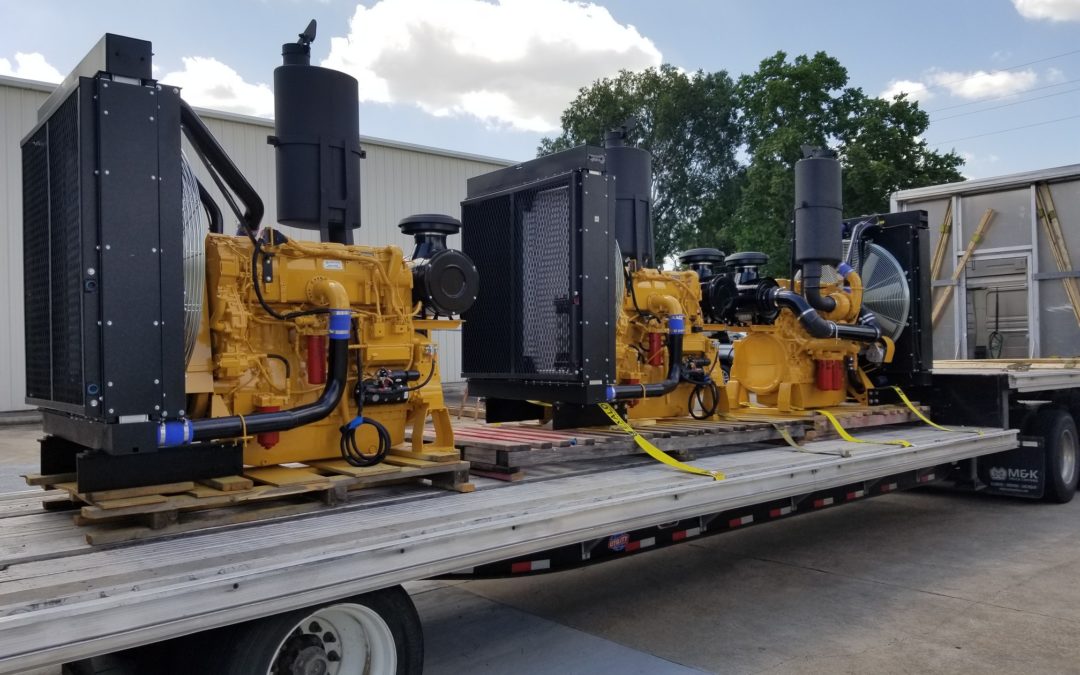Technology
Harnessing Power and Efficiency: The Role of Natural Gas Generators

Introduction
In the quest for sustainable energy solutions, natural gas generators have emerged as a crucial player in the energy landscape. These versatile machines convert the chemical energy of natural gas into electrical power, offering a cleaner and more efficient alternative to traditional fossil fuels like coal and oil. As the world continues to transition towards a greener future, understanding the benefits, workings, and potential of natural gas generators becomes essential.
The Basics of Natural Gas Generators
Natural gas generators are devices that produce electricity through the combustion of natural gas. Natural gas, primarily composed of methane (CH4), is a fossil fuel that is found beneath the Earth’s surface and is extracted for various energy applications. When burned, natural gas releases energy in the form of heat, which can be harnessed to power generators and produce electricity.
The primary components of a natural gas generator include:
- Engine: The heart of the generator, the engine, is responsible for converting the chemical energy of natural gas into mechanical energy.
- Alternator: The mechanical energy generated by the engine is then converted into electrical energy by the alternator, also known as the generator head.
- Control System: Modern natural gas generators are equipped with advanced control systems that monitor and regulate the generator’s operation. These systems ensure efficiency, safety, and seamless integration with power grids.
Advantages of Natural Gas Generators
- Cleaner Emissions: Compared to coal and oil, natural gas combustion produces fewer harmful emissions such as sulfur dioxide (SO2), nitrogen oxides (NOx), and particulate matter. This results in reduced air pollution and improved air quality.
- Lower Carbon Footprint: While natural gas is a fossil fuel, it emits less carbon dioxide (CO2) per unit of energy produced compared to coal and oil. This makes it a transitional energy source as the world shifts towards more sustainable options.
- Efficiency: Natural gas generators boast higher efficiency rates compared to other fossil fuels, translating to better energy output for the same amount of fuel consumed.
- Reliability: Natural gas is often stored in pipelines, making it less susceptible to supply disruptions caused by weather events or transportation issues. This reliability ensures a consistent power supply.
- Quick Start-up: Natural gas generators can start producing power within seconds, making them suitable for meeting sudden spikes in energy demand or providing backup power during grid failures.
Applications
Natural gas generators find applications across various sectors:
- Residential: Many homeowners use natural gas generators as backup power sources during outages, ensuring essential appliances and systems continue functioning.
- Commercial and Industrial: Industries and commercial establishments rely on natural gas generators to maintain uninterrupted operations, safeguarding productivity and critical equipment.
- Utilities: Natural gas power plants contribute to the stability of power grids, providing a reliable source of electricity to balance fluctuating demand and supply.
Challenges and Considerations
While natural gas generators offer several advantages, they are not without challenges:
- Methane Emissions: Methane, the primary component of natural gas, is a potent greenhouse gas. Uncontrolled methane leaks can negate some of the environmental benefits of using natural gas.
- Dependence on Infrastructure: Natural gas generators require access to pipelines for fuel delivery, creating a reliance on existing infrastructure.
- Long-term Sustainability: As the world aims for a fully renewable energy future, the long-term role of natural gas generators must be carefully considered to ensure a smooth transition.
Conclusion
Natural gas generators have emerged as a vital bridge in the transition to a more sustainable energy future. Their efficiency, reduced emissions, and flexibility make them a valuable resource for meeting energy demands while reducing the environmental impact of power generation. As technology continues to evolve, addressing challenges such as methane emissions and ensuring a seamless integration with renewable energy sources will be pivotal in maximizing the benefits of natural gas generators in the years to come.






















